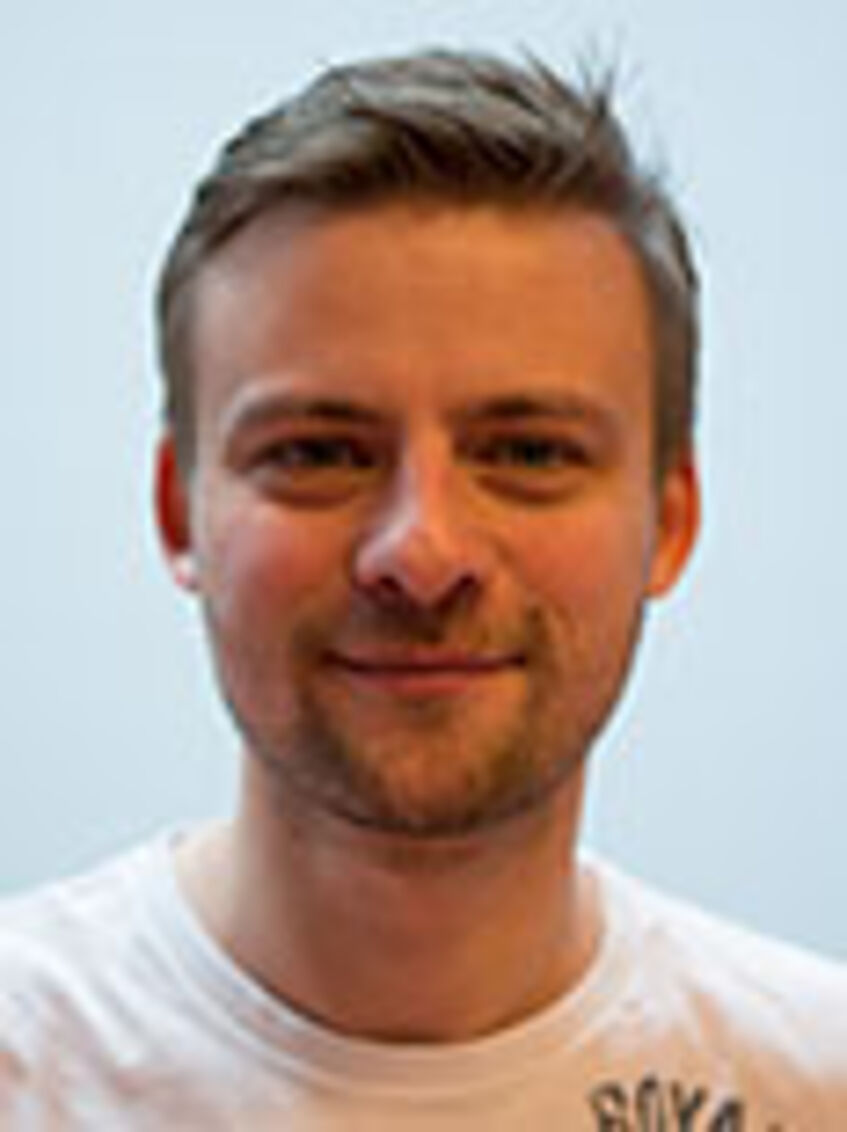
Krzysztof Chylinski (Vienna BioCenter)
He is currently working at VBCF-ProTech in CRISPR-Lab: service and research unit providing expertise on CRISPR/Cas9 and working on its further development.
He did his PhD at the University of Vienna under supervision of Emmanuelle Charpentier working on CRISPR systems and is a co-inventor of CRISPR/Cas9 technology.
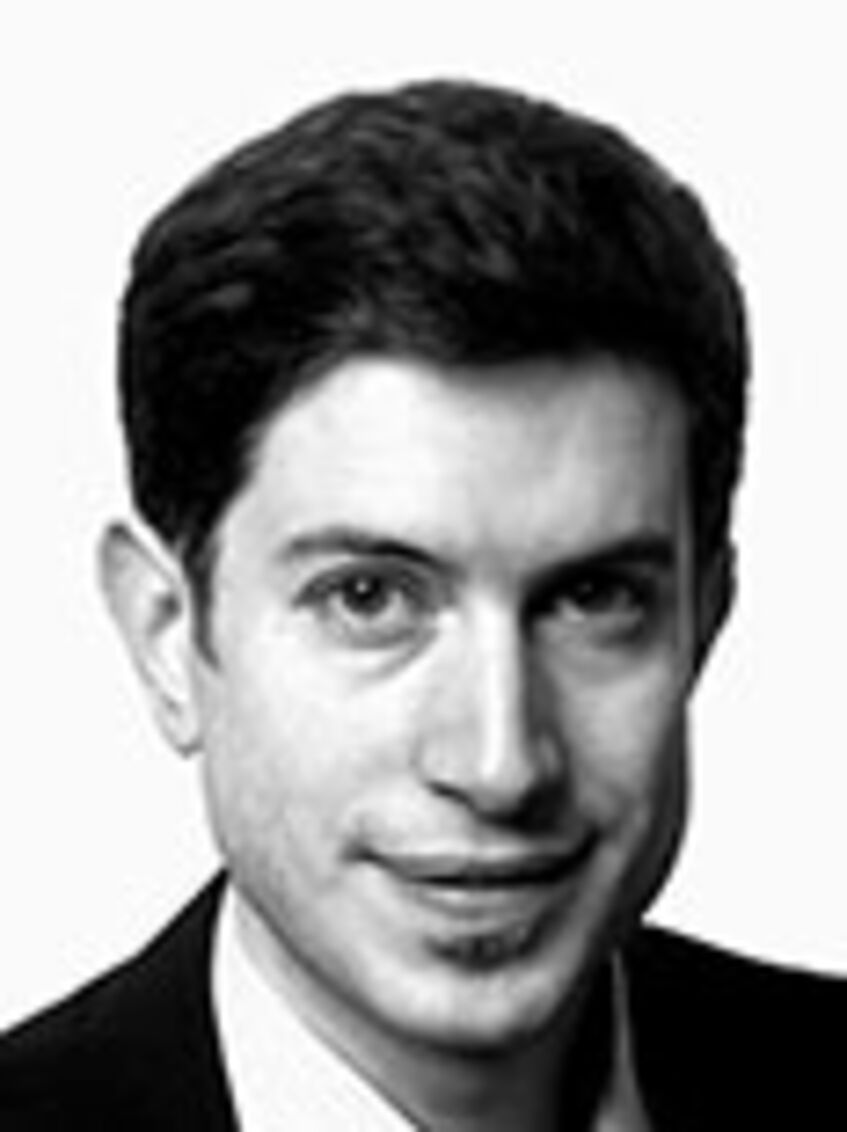
Jim Dratwa (European Commission, Head of the Office of the European Group on Ethics in Science and New Technologies)
His research and publications address the interconnections between knowledge, values and action. He is Invited Professor and Global Fellow at the Woodrow Wilson Center, Washington, D.C. He heads the team tasked with Ethics in Science and New Technologies at the European Commission, he is the Secretary-General of the EC International Dialogue on Bioethics and the EC representative to the international organizations dealing with the ethical implications of science and new technologies.
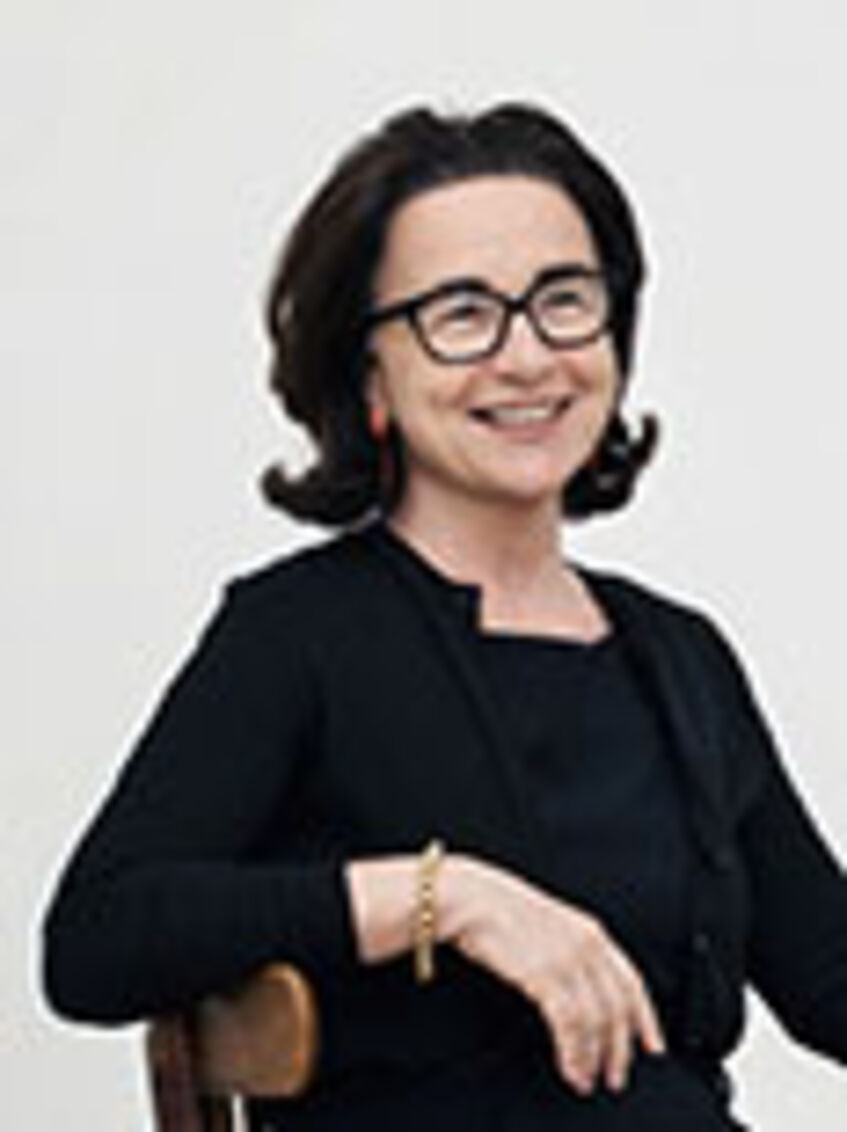
Christiane Druml (UNESCO Chair on Bioethics at the Medical University of Vienna and Chair of the Austrian Bioethics Commission)
She was born in Vienna and studied law at the University of Vienna.
She is currently holding the UNESCO Chair on Bioethics at the Medical University of Vienna and also serves as Director of Ethics, Collections and History of Medicine of the Medical University of Vienna. 2007 she has been appointed President of the Austrian National Bioethics Commission by the Austrian Federal Chancellor. Furthermore she is a member of the Medical Council of the Republic of Austria and serves in many international functions.
From 2011 to 2015 she was Vice-Rector for Clinical Affairs at the Vienna Medical University Before that she has been managing director of the Ethics Committee at the Vienna Medical University (1992-2011). Christiane Druml was Member of the International Bioethics Committee IBC of UNESCO from 2008 to 2015 and serves since 2006 as Austrian Member of the General Assembly of the “European and Developing Countries Clinical Trial Partnership- EDCTP”.
She has been awarded the Austrian Cross of Honour for Science and Arts, and was named Chevalier de la Légion d’Honneur in 2011.
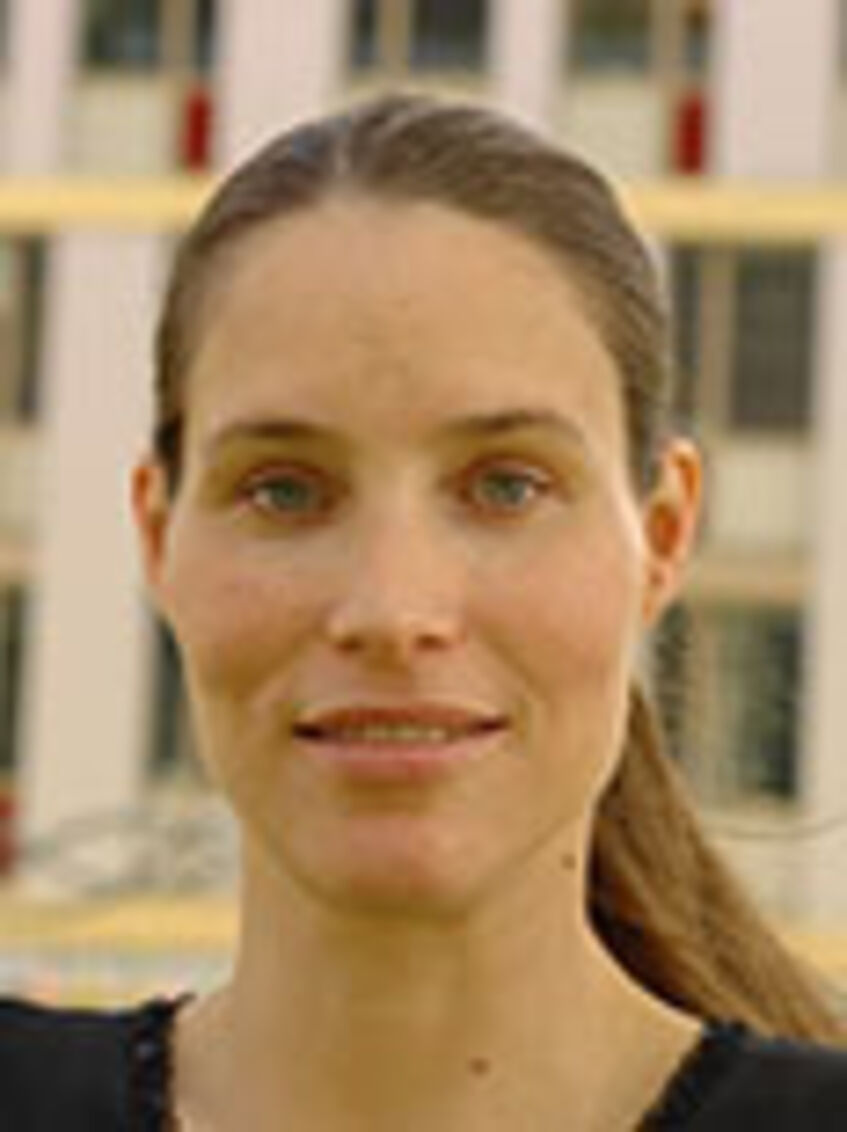
Karin Garber (Managing Director of „Open Science“, Vienna)
Dr. Karin Garber, MAS obtained her PhD in Genetics and a professional PR qualification from the University of Vienna. She is managing director of Open Science and head of the Vienna Open Lab, a hands-on lab with more than 12.000 visitors per year. She is also lecturer at the University of Vienna on the subjects science communication and project management. Karin Garber is committed to making life sciences visible, tangible, and understandable for a broad audience. Thereby her work is focused on the interface between science and society, where she tries to foster the dialogue between scientists and the public.
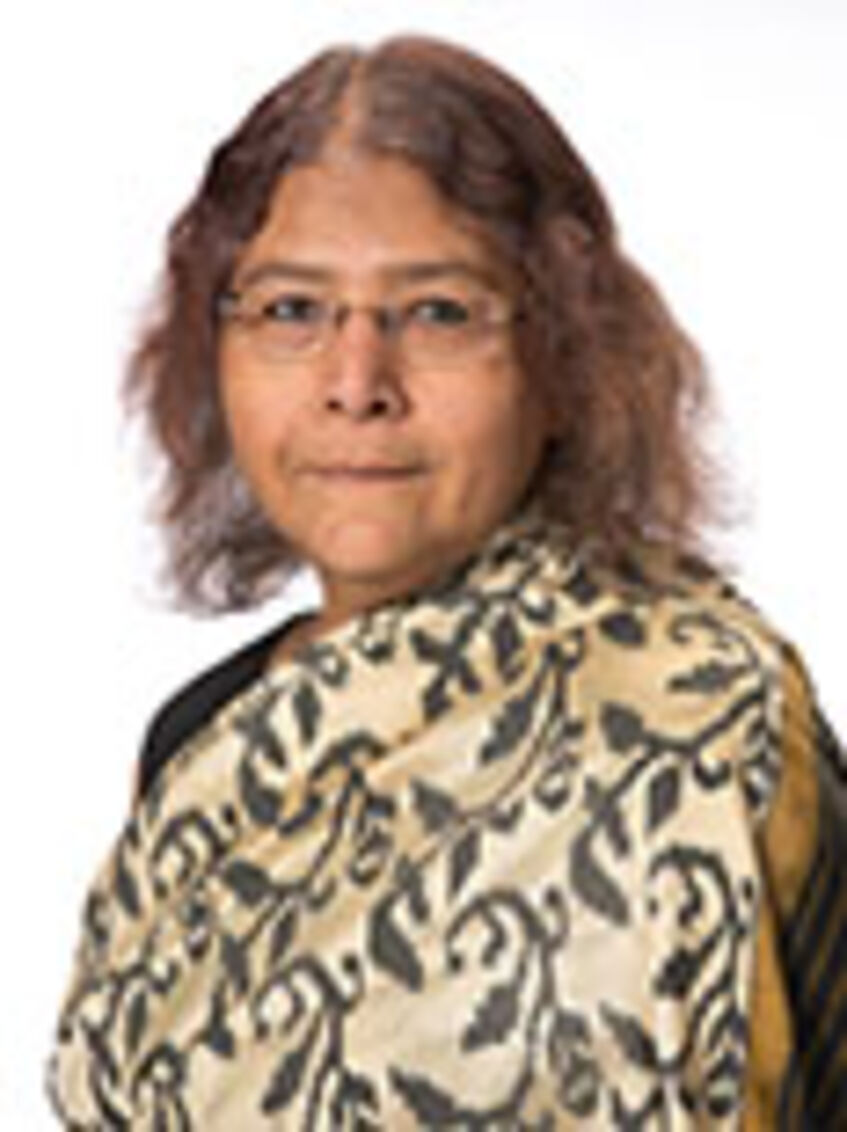
Sheila Jasanoff (Pforzheimer Professor of Science and Technology Studies, Harvard Kennedy School)
She is Pforzheimer Professor of Science and Technology Studies at the Harvard Kennedy School. A pioneer in her field, she has authored more than 120 articles and chapters and is author or editor of more than 15 books, including The Fifth Branch, Science at the Bar, Designs on Nature, and The Ethics of Invention. Her work explores the role of science and technology in the law, politics, and policy of modern democracies. She founded and directs the STS Program at Harvard; previously, she was founding chair of the STS Department at Cornell. She has held distinguished visiting appointments at leading universities in Europe, Asia, Australia, and the US. Jasanoff served on the AAAS Board of Directors and as President of the Society for Social Studies of Science. She is a member of the Council on Foreign Relations. Her honors include a Guggenheim Fellowship, the University of Ghent Sarton Chair, an Ehrenkreuz from the Government of Austria, and membership in the Royal Danish Academy. She holds AB, JD, and PhD degrees from Harvard, and an honorary doctorate from the University of Twente.
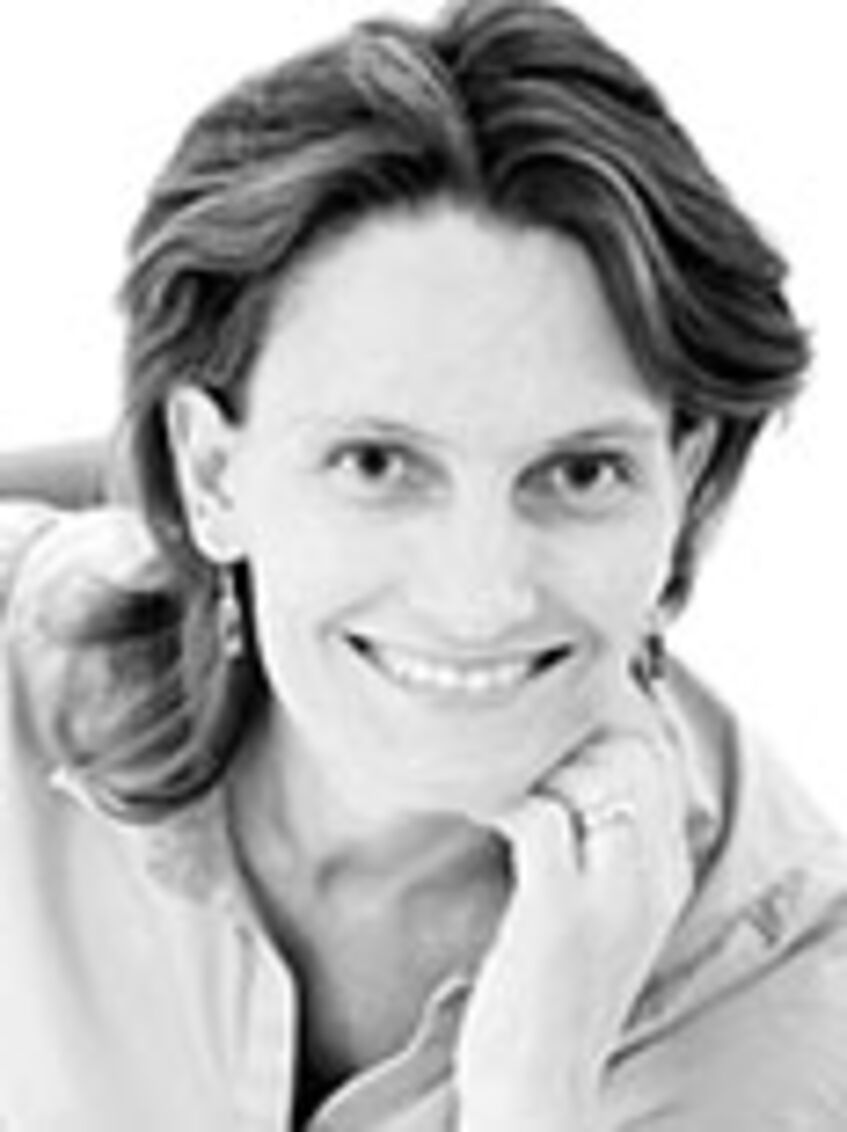
Ingrid Kelly (Research Services and Career Development, University of Vienna)
She is an European Patent Attorney and registered Technology Transfer Professional with a background in the pharma industry. Since 2012 she has been responsible for managing the life sciences portfolio of the University of Vienna Technology Transfer Office.
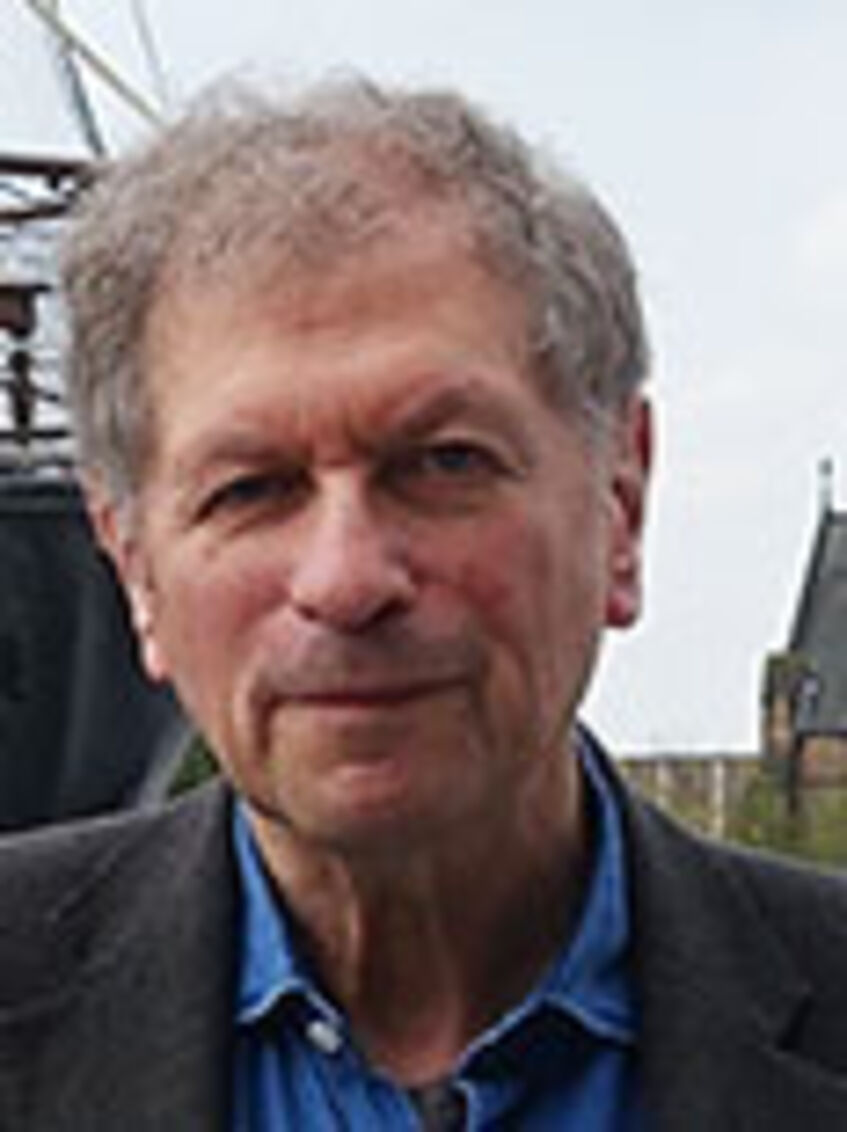
Stuart Newman (Professor of Cell Biology and Anatomy, New York Medical College)
He is a biologist whose research has focused on the orgination, development and evolution of animal body plans and organ forms. He has also been a long-term opponent of using genetic technologies to modify the biological characteristics of prospective human beings.
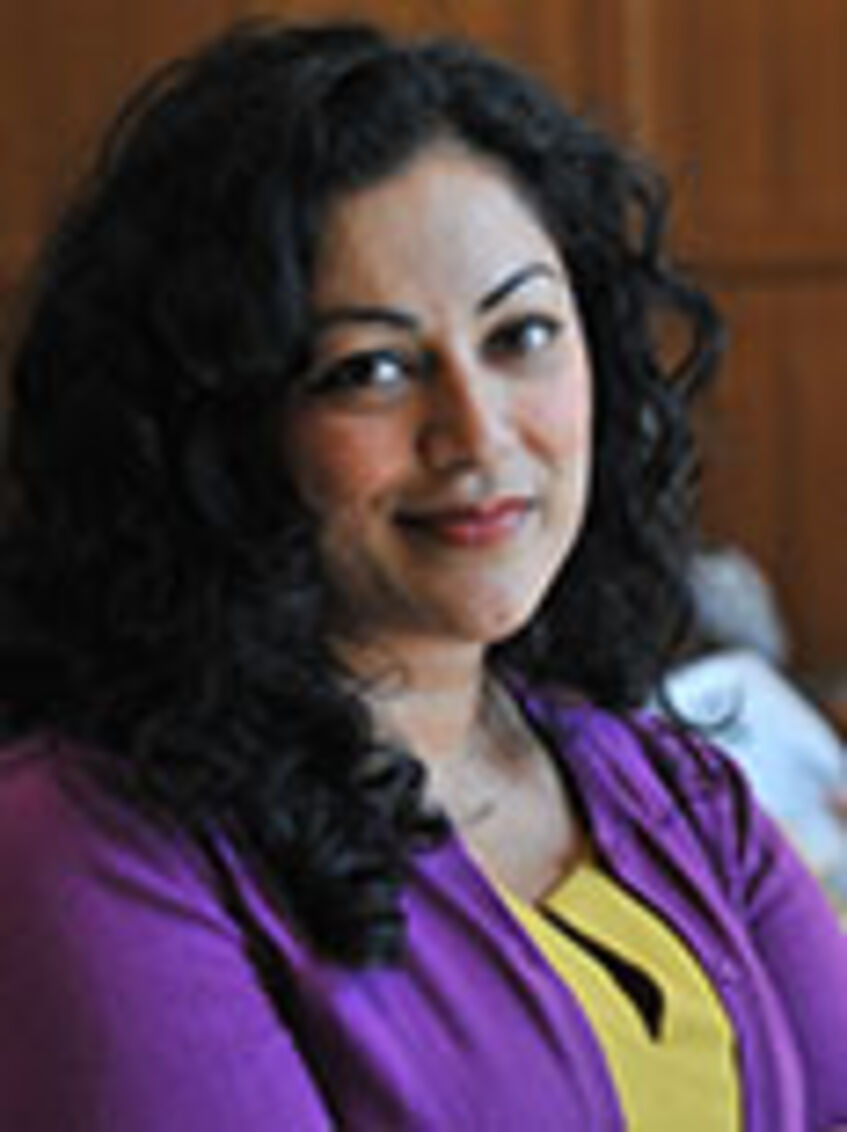
Shobita Parthasarathy (Associate Professor of Public Policy and Women's Studies, and Director of the Science, Technology, and Public Policy Program, University of Michigan
She is Associate Professor of Public Policy and Director of the Science, Technology, and Public Policy Program at the University of Michigan. She is the author of numerous articles and two books: Patent Politics: Life Forms, Markets, and the Public Interest in the United States and Europe (University of Chicago Press, 2017) and Building Genetic Medicine: Breast Cancer, Technology, and the Comparative Politics of Health Care (MIT Press, 2007).
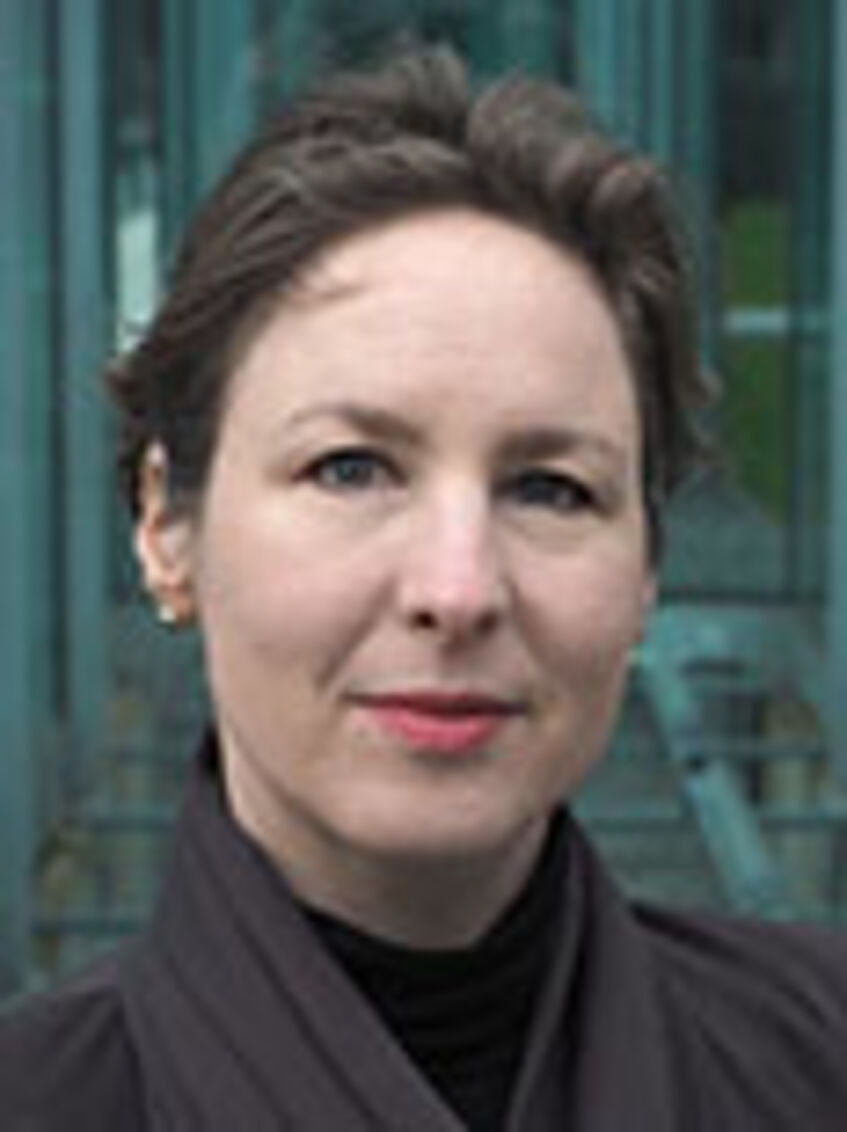
Barbara Prainsack (Department of Political Science, University of Vienna)
Barbara Prainsack is a Professor at the Department of Political Science at the University of Vienna, Austria, and at the Department of Global Health & Social Medicine at King’s College London. Her work explores the regulatory, social and ethical aspects of biomedicine and bioscience. Barbara is a member of the European Group on Ethics and New Technologies that advises the European Commission, of the Austrian National Bioethics Commission, and other advisory bodies.
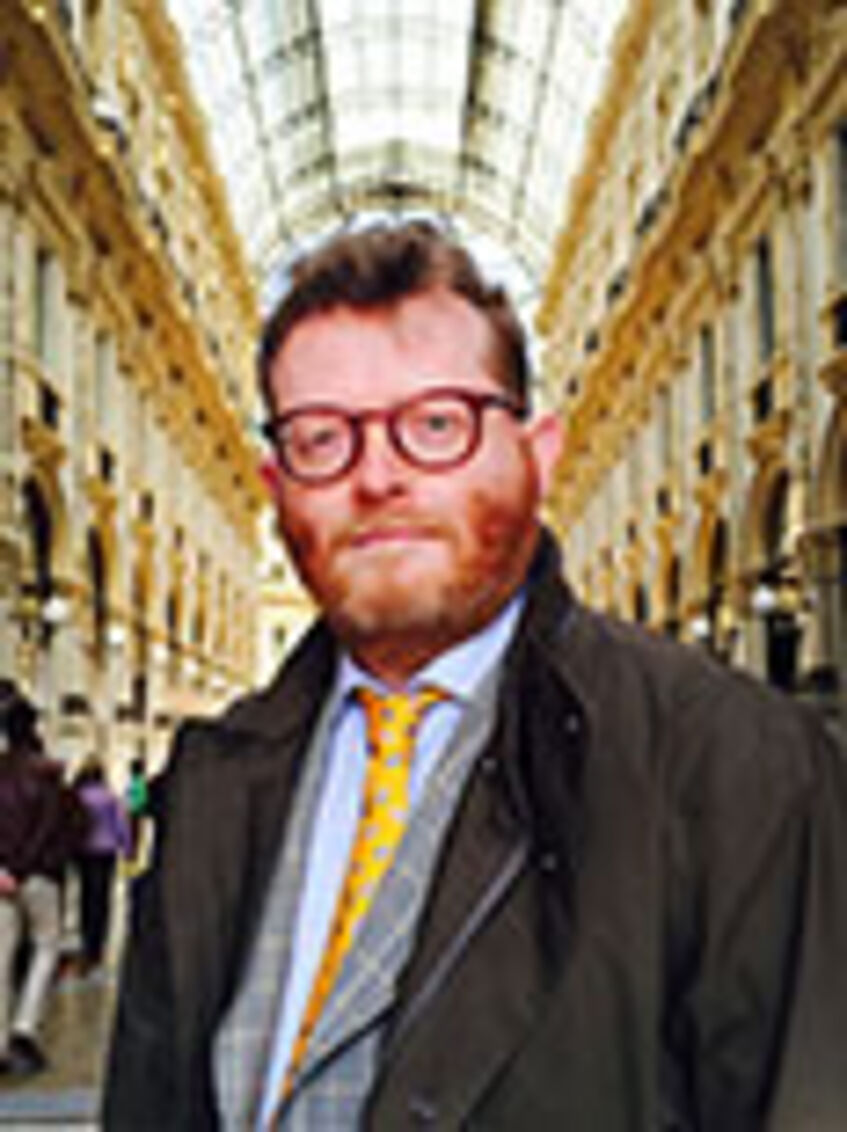
Giuseppe Testa (Head of the Laboratory of Stem Cell Epigenetics, European Institute for Oncology, Milan)
He holds an MD from the University of Perugia, a PhD from the European Molecular Biology Laboratory in Heidelberg, and an MA in Health Care Ethics and Law from the University of Manchester.
A European Research Council (ERC) awardee, Giuseppe Testa is Professor of Molecular Biology at the University of Milan and Principal Investigator at the European Institute of Oncology in Milan where he heads the Laboratory of Stem Cell Epigenetics focusing on epigenetic regulation, cell reprogramming and disease-modeling. Key accomplishments include the development of new genome engineering technologies, the characterization of novel enzymes required for neural development, and the first reprogramming-based models of human diseases caused by symmetric gene dosage imbalances. A further unique accomplishment is the successful pursuit of a parallel career as practicing life scientist and scholar in Bioethics and Science and Technology Studies (STS).
He has published in leading journals including Nature Genetics, Nature Communications, Nature Methods, Cell, Cell Stem Cell, Cell Reports, Stem Cell Reports, Nature, Nature Biotechnology, Science, PLoS Genetics, Biosocieties, Bioethics, Science as Culture, Journal of Medical Ethics, New Genetics and Society. His first book ‘Naked genes: Reinventing the Human in the Molecular Age’, co-authored with Helga Nowotny, published in German, English and Italian, was widely reviewed in the leading press, including Die Zeit, Der Spiegel, Nature, The Financial Times, Il Corriere della Sera and La Repubblica. He is member of the editorial board of Cell Press journal Stem Cell Reports, of the Journal of Biological Chemistry and of the Journal of Medical Ethics, and is the recipient of several scientific prizes, including in 2003 the Roche Prize for leading bioscientist of the next decade.
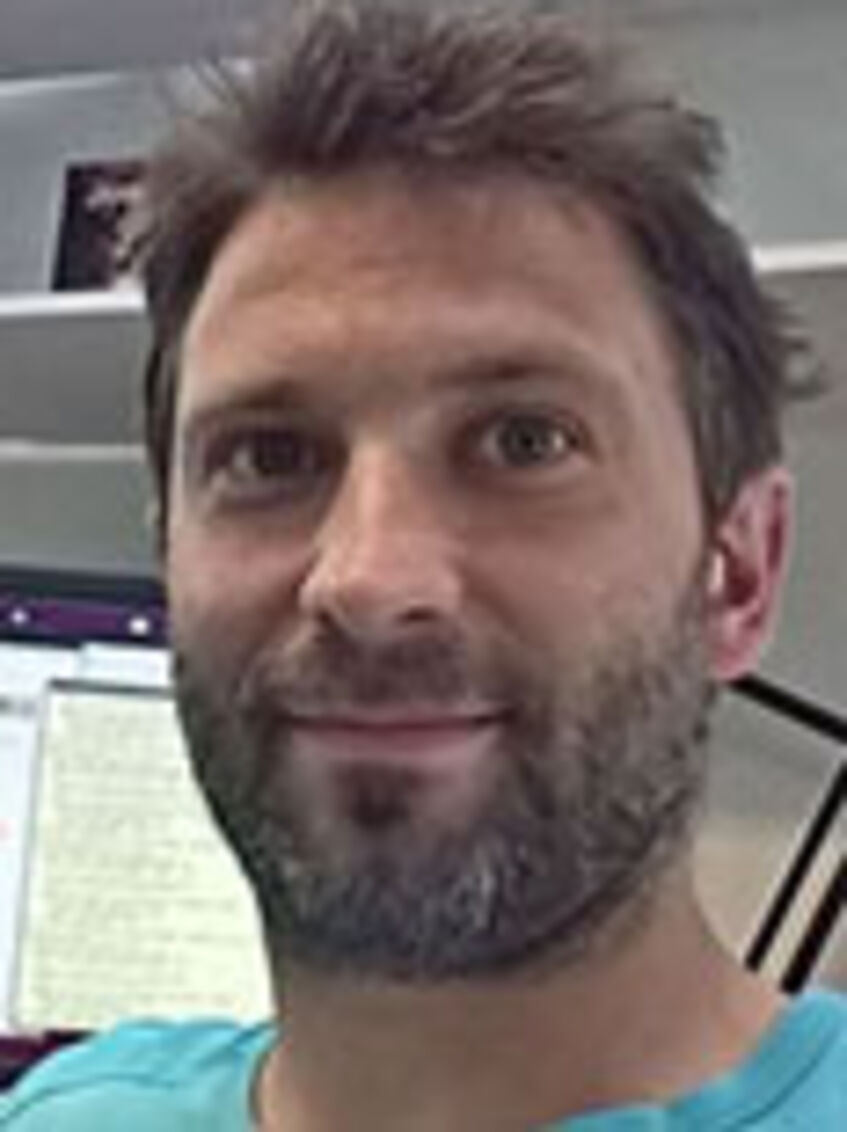
Nikolai Windbichler (Research Fellow, Faculty of Natural Sciences, Department of Life Sciences, Imperial College London
He did his PhD in Vienna and for the last 11 years has been working at Imperial College London to develop genetic technologies, such as gene drive, that can be used to control populations of harmful organisms. His research group works on various aspects of synthetic biology and seeks to improve the tools that allow us to manipulate and re-engineer complex genomes with precision.
